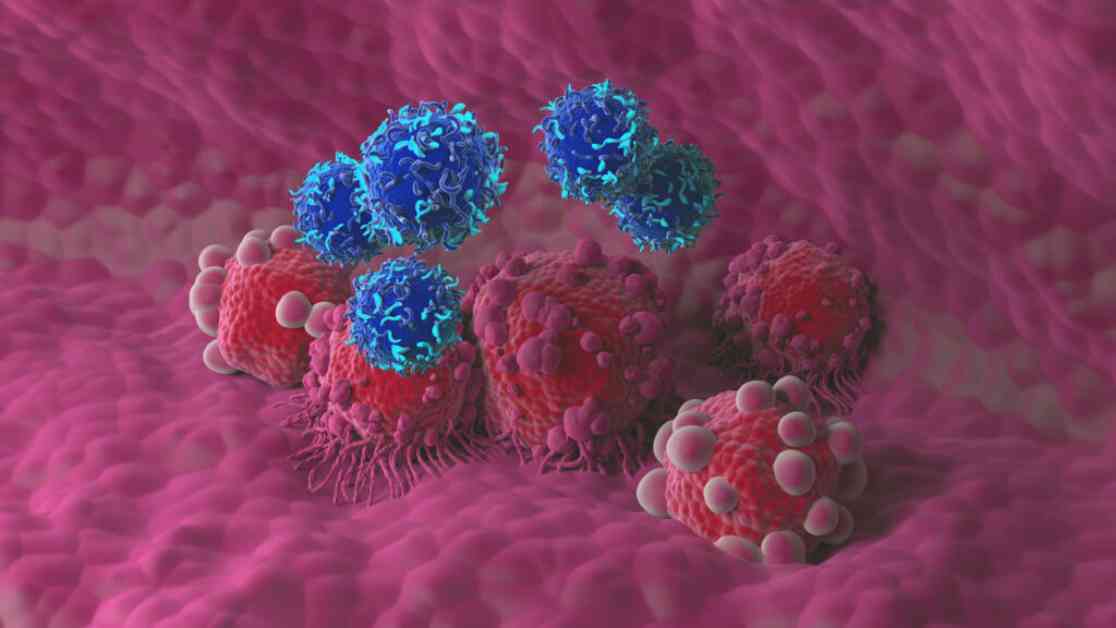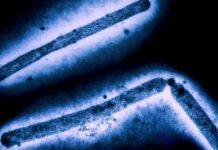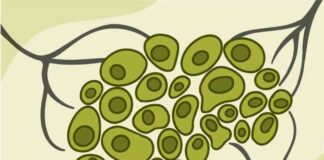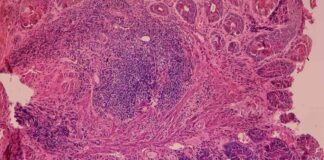In a ground-breaking study, scientists have discovered a new aspect of CAR-T cell therapy that could revolutionize cancer treatment. This innovative therapy involves engineering immune T cells with a synthetic protein known as the chimeric antigen receptor (CAR), enhancing their ability to target and destroy cancer cells with precision.
The study, led by biologist Stefano Barbera at Uppsala University in Sweden, uncovered a remarkable phenomenon where CAR-T cells were able to transfer their synthetic protein to other T cells. This unexpected finding sheds light on the potential for boosting the immune system’s ability to fight cancer through the sharing of advanced technology among cells.
A Serendipitous Discovery
The journey towards this discovery began with an accidental mix-up of cells from separate cultures during Barbera’s research on CAR-T therapy in brain cancer. Initially labeled with distinct reporter proteins, these cells revealed a surprising exchange of labeling proteins during analysis. This unexpected occurrence led to the realization that T cells were sharing proteins, a process called trogocytosis.
Describing the phenomenon as akin to finding red flags on blue sticks and vice versa, Barbera highlighted the significance of this exchange in the context of CAR-T cell therapy. This exchange of CARs not only demonstrated the ability of recipient T cells to utilize the synthetic protein but also activate against cancer cells, offering a promising avenue for enhancing immune response.
Implications for Future Therapies
While the study’s findings hold significant promise for advancing cancer treatment, questions remain about the practical implications of sharing CARs between T cells. Yvonne Chen, a synthetic biologist at UCLA, emphasized the need for further research to determine the impact of trogocytosis on the efficacy of CAR-T therapy.
The potential benefits of boosting immune activity against cancer must be weighed against the risk of over-activating T cells, which could lead to immune cell exhaustion. Understanding the mechanisms behind protein transfer could inform the design of future cell therapies and open up new avenues for engineering cells to deliver targeted treatments to specific regions or organs in the body.
As scientists explore the possibilities of trogocytosis and protein transfer between cells, the study’s findings offer a glimpse into the complex interplay of biological processes that could shape the future of cancer treatment. The ability to manipulate these processes opens up exciting new opportunities for advancing medicine and research, paving the way for innovative therapies that harness the power of the immune system to combat cancer.
While the road ahead may be filled with challenges and uncertainties, the potential for translating these groundbreaking discoveries into practical applications holds immense promise for transforming the landscape of cancer treatment. As researchers continue to unravel the mysteries of cellular communication and protein transfer, the horizon of possibility expands, offering hope for a future where innovative therapies hold the key to unlocking new frontiers in the fight against cancer.

















